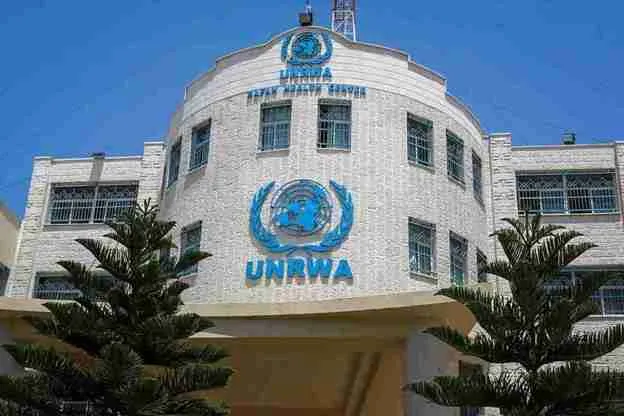On February 27, 2024, a conference convened at the UN in Geneva, spearheaded by activists advocating for the replacement of UNRWA.
However, the UN has unequivocally stated its stance against the replacement of UNRWA, which oversees 5 million people in “temporary” refugee camps, descendants of Arabs who fled villages during the 1948 war.
Given the permanence of UNRWA’s presence, the imperative now is to address the challenge at hand: How to align UNRWA’s operations with the values of peace and reconciliation, central to UN principles.
Contrary to promoting peace, UNRWA has been accused of fostering hostility towards Jews, advocating for the “right of return” to pre-1948 villages through armed force. This stance is bolstered by support from various entities, including Hamas, the Palestinian Authority, and several nations.
As the UN shows no indication of altering UNRWA’s policies, the parliaments of donor nations can step in to oversee and influence UNRWA’s direction. Here are seven proposed steps to promote UNRWA’s role as an advocate for peace:
- Revitalize the Refugee Working Group (RWG) of donor nations, tasked with ensuring transparency in UNRWA’s budget allocation.
- Disarm UNRWA facilities to prevent militarization within refugee camps.
- Remove UNRWA personnel affiliated with terrorist organizations to uphold neutrality and integrity.
- Prosecute UNRWA officials who support or facilitate violence, ensuring accountability for wrongdoing.
- Establish a new UNRWA school system aligned with UN guidelines on peace and reconciliation, fostering a culture of harmony among students.
- Introduce UNRWA maps that accurately depict sovereign nations, promoting geographical accuracy and inclusivity.
- Adopt the UNHCR principle of dignified refugee resettlement to provide long-term solutions for displaced individuals.
While amending UNRWA’s mandate would necessitate approval from the United Nations General Assembly, implementing peaceful changes in UNRWA’s day-to-day policies does not require such endorsement.









